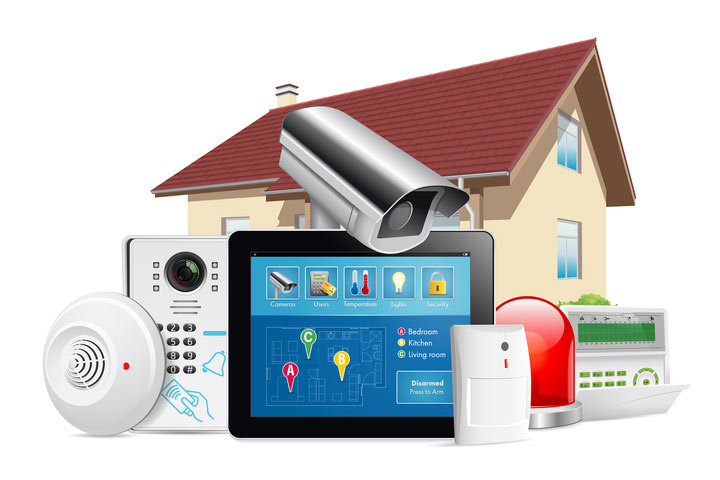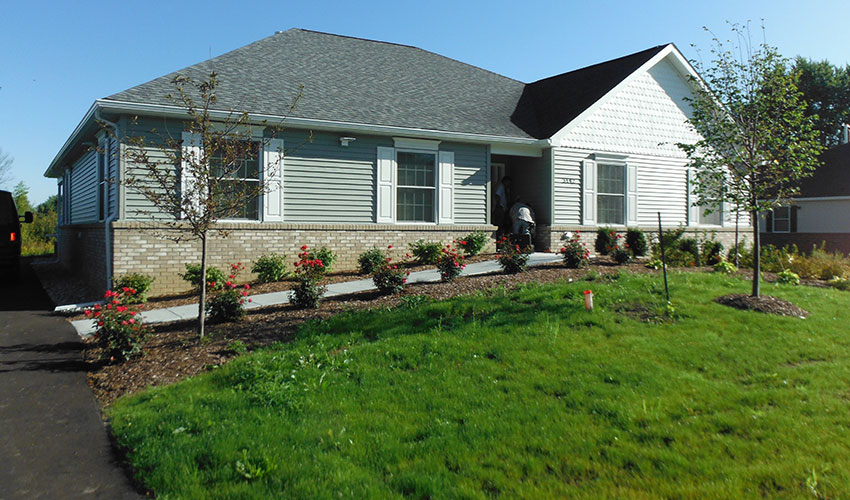Home security is a paramount concern for homeowners, as ensuring the safety and protection of one’s family and property is of utmost importance. While professional security systems and services are available, many individuals are turning to self-help methods to improve home security. This comprehensive guide explores how home security can be enhanced through self-help techniques, empowering homeowners to take proactive measures to safeguard their homes and loved ones.
Understanding the Importance of Home Security
The Significance of Home Security
Home security encompasses a range of measures designed to deter burglars, intruders, and other threats from entering a residence and causing harm. A secure home provides peace of mind to homeowners, knowing that their family, belongings, and property are protected against potential risks and vulnerabilities. In addition to preventing property crimes such as burglary and theft, effective home security measures can also deter vandalism, trespassing, and other unwanted activities on residential premises. By investing in home security, homeowners can create a safe and secure environment for themselves and their loved ones to live and thrive.
Common Threats to Home Security
Several factors contribute to the vulnerability of residential properties to security threats. Burglars and intruders often target homes that are perceived as easy targets, such as those with inadequate lighting, weak locks, or unsecured entry points. Additionally, homes located in high-crime areas or secluded neighborhoods may face increased risks of burglary and property crimes. Other common threats to home security include natural disasters, fires, and accidents, which can cause significant damage and loss if not properly addressed. Understanding these threats is essential for homeowners to identify potential vulnerabilities and implement effective security measures to mitigate risks.
Self-Help Strategies for Improving Home Security
Assessing Home Security Needs
The first step in enhancing home security through self-help is to assess the specific security needs and vulnerabilities of the property. This involves conducting a thorough evaluation of the home’s exterior and interior, identifying potential entry points, weak spots, and areas of concern. Common areas to assess include doors, windows, locks, lighting, landscaping, and surveillance camera placement. By identifying potential security risks and vulnerabilities, homeowners can develop a targeted security plan to address these issues and improve overall home security.
Implementing Physical Security Measures
Physical security measures are essential components of any home security strategy and can be implemented through self-help methods. These measures include installing high-quality locks on doors and windows, reinforcing entry points with deadbolts and strike plates, and securing sliding glass doors with auxiliary locks or security bars. Additionally, homeowners can enhance physical security by installing motion-activated lights, security cameras, and alarm systems to deter intruders and alert homeowners to potential threats. By implementing these physical security measures, homeowners can create multiple layers of defense to protect their homes and property.
Enhancing Perimeter Security
Perimeter security plays a crucial role in deterring intruders and preventing unauthorized access to residential properties. Homeowners can improve perimeter security through self-help methods such as installing fencing, gates, and barriers to create physical barriers and restrict access to the property. Additionally, landscaping can be used strategically to enhance perimeter security by planting thorny bushes, hedges, or shrubs near windows and entry points to deter intruders. Outdoor lighting, motion sensors, and surveillance cameras can also be installed along the perimeter to enhance visibility and deter potential threats.
Securing Entry Points
Entry points such as doors and windows are common targets for burglars and intruders and should be secured effectively to prevent unauthorized access to the home. Homeowners can improve the security of entry points through self-help methods such as installing high-quality locks, deadbolts, and strike plates on doors and windows. Reinforced doors and windows with laminated glass or security film can also provide additional protection against forced entry attempts. Furthermore, homeowners can install door and window sensors, glass break detectors, and smart locks to enhance security and provide real-time alerts in the event of unauthorized entry attempts.
Utilizing Technology for Home Security
Leveraging Smart Home Technology
Smart home technology offers innovative solutions for enhancing home security and can be easily implemented through self-help methods. Home automation systems, smart locks, and security cameras can be integrated into existing home security setups to provide remote monitoring, control, and automation capabilities. Smart sensors and detectors can detect motion, sound, and environmental changes and send alerts to homeowners’ smartphones or devices. Additionally, smart home security systems can be integrated with voice assistants and home automation platforms to provide seamless control and customization options for homeowners.
Implementing Remote Monitoring and Surveillance
Remote monitoring and surveillance are essential components of effective home security and can be achieved through self-help methods using modern technology. Homeowners can install networked security cameras, video doorbells, and surveillance systems to monitor their property remotely and receive real-time alerts and notifications of suspicious activity. Additionally, cloud-based storage solutions enable homeowners to store and access surveillance footage securely from anywhere, allowing for easy retrieval and review of footage in the event of security incidents or emergencies. By implementing remote monitoring and surveillance, homeowners can maintain constant vigilance over their homes and property, even when they are away.
Conclusion
In conclusion, home security can be significantly improved through self-help methods, empowering homeowners to take proactive measures to protect their homes and loved ones. By assessing security needs, implementing physical security measures, and leveraging technology, homeowners can create a safe and secure environment that deters intruders, prevents property crimes, and enhances peace of mind. With a proactive approach to home security, homeowners can mitigate risks, address vulnerabilities, and enjoy greater confidence and security in their living spaces.


